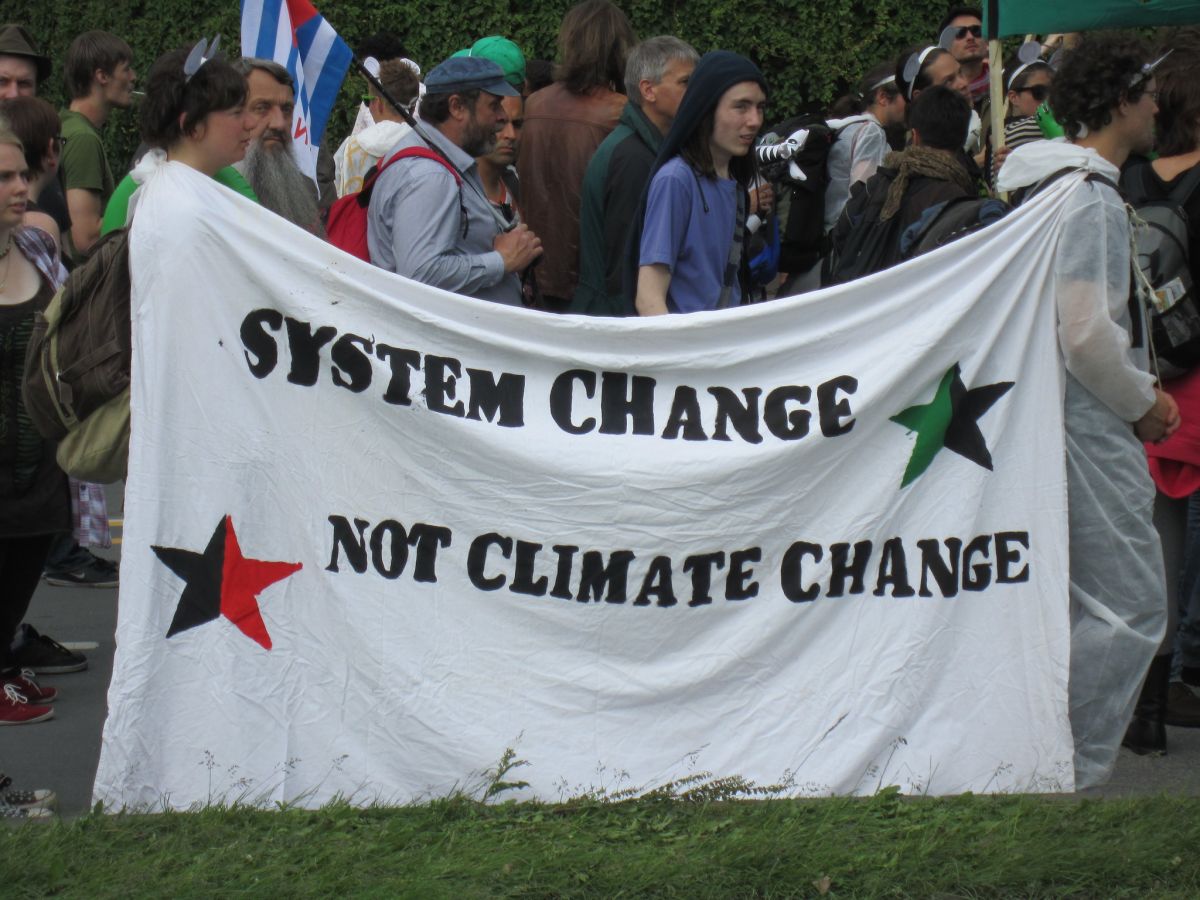Education and AI: tackling climate change
By lukeedwards

Climate change is the beast that gets stronger and harder to kill the more you try; much like the Ancient Greek legend of the Hydra, when you cut off one head it grows two more.
Climate change is a “threat multiplier” – it gains more strength the longer we delay decisive action to tackle it. It is because of this that new ideas are being experimented with to assist in the battle to streamline this problem and solve it in time. There is no silver bullet when it comes to addressing climate change, however there are various measures that can be implemented to catalyse this process.
In the UK, there is a growing movement of students that are calling for environmental issues to be better represented in the education curriculum. Their inspiration comes from the 1958 US National Defence Education Act which aimed to kick-start engineering, maths and science education to give the US the upper-hand in the developing space race.
Similarly, the changes proposed by the Teach the Future movement focus around making education more sustainable to inspire future generations to act in the best interest of the climate.
Their philosophy is that it is generally educated people who have the largest carbon-footprint, saying that “it’s people with degrees from Oxford or Cambridge who are becoming fossil-fuel chief executives,” and that it should be these sorts of people who are trying to limit our impact on the environment, not worsen it.
They hope that their draft emergency education bill that embodies their key demands will result in significant changes to the system, including zero-carbon schools, and further education of renewable and energy-efficient technologies.
It may be quite a leap to suppose that since some university graduates choose to pursue careers that are detrimental to the environment, then the education system is failing students as a whole when this may not necessarily be the case. There will always be people indifferent to the environment who value money over morality, in which case further climate consciousness within schools could potentially only have a limited effect.
In other words, there may be more effective ways to tackle this issue rather than making marginal changes to the education of the next generation, by which time the damage to the planet could very well be irreversible.
In the US, such methods have already started to be implemented, and show promising signs of becoming a serious weapon in the fight against climate change.
The US Department of Defence has enlisted the help of Artificial Intelligence (AI) to provide insights and actionable data which will help nations transition to cleaner sources of energy to mitigate climate change (which is quite ironic, since the US military burns between 330,000-360,000 barrels of oil per day, almost enough to drive the average car to the sun and back, but oh well).
This need for utilising AI comes from the lack of alacrity among humankind to act decisively because a worrying proportion of us are still engaged in fickle disagreements that will hold no sway over the course of humankind in the long run.
To effectuate this approach, it will be necessary in the future to know exactly when and where each kilowatt-hour of electricity is being produced, after which point a demand-side economics approach becomes feasible in the energy sector – in the past, it was sufficient to do energy planning just based on installed capacity.
This data can be utilised by governments to make smart political and investment-based decisions that would support shifts to renewable energies in applicable areas. These developments are especially crucial in developed nations, who already have sophisticated power generation networks and sufficient investment.
Emerging countries, on the other hand, lack the necessary investment for this approach to be feasible; fortunately, however, there are alternative ways that they can become ‘greener.’ In these such places, decentralised grids could soon become the standard technology.
Climate change is poised to become a “catastrophic” national security threat; with severe effects on infrastructure and widespread destabilisation of social and political systems worldwide likely within the next decade if it is left unaddressed, according to the UN.
The science has long been clear, and now it is time to act. We are now at a crossroads in humankind’s existence where we are finely balanced between calm and chaos. We still have time to act to prevent irreversible damage to our planet and its ecosystems, and it is of paramount importance that these issues are raised and addressed before it is too late.







